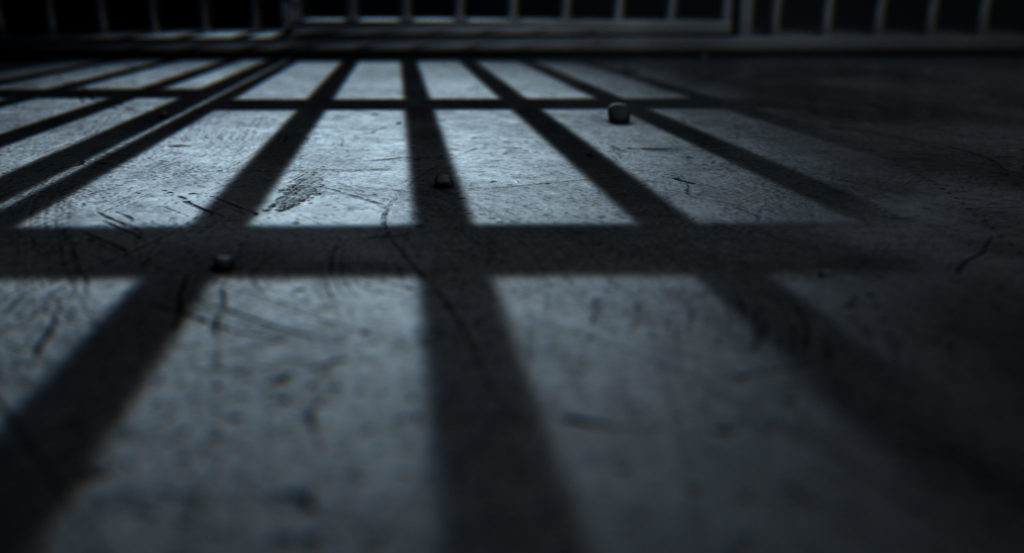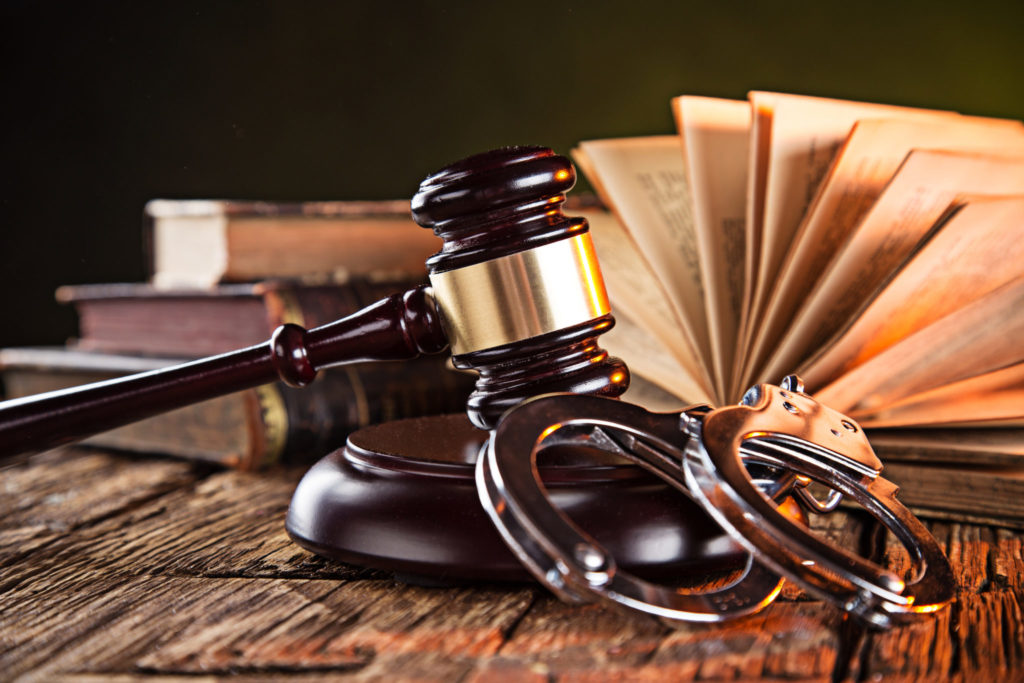Many crimes can be charged as hate crimes in Utah, including simple assault, criminal trespass, theft, and making threats with dangerous weapons. Though hate crimes are currently subject to sentencing enhancements — a topic we explored in our article on Utah’s hate crime laws — some prosecutors and lawmakers are now advocating for tougher penalties.
D.A. Wants Utah’s Hate Crime Law to Include Felony Sentencing Enhancements

Nearly 1,300 hate crimes have been reported in Utah during the past two decades, recently including an alleged assault by two Wyoming men, Chad Doak and Eric Johnson, on two gay men, Maxwell Christen and Rusty Andrade, at Club JAM, a gay bar in Salt Lake City. The week before, Judge G. Michael Westfall rescheduled the trial of a married couple, Mayra Dinora Casas and Mohamed Fathi Mohamed Qanaw, who were charged with assault, robbery, and criminal mischief against a gay resident of St. George.
There have been numerous prosecutions of defendants charged with hate crimes, but few convictions under Utah’s existing hate crime law, which Salt Lake County District Attorney Sim Gill described as an “[un]workable statute.”
On August 4, Gill appeared on a panel of activists and police officers to discuss Utah’s need for legislative reforms before a crowd of roughly 50 attendees. At the panel, which was hosted by the NAACP and the Utah Martin Luther King Jr. Human Rights Commission, Gill described the existing statute as a “toothless tiger.”
The “toothless tiger,” which is located at Utah Code § 76-3-203.3, creates sentencing enhancements for misdemeanor hate crimes, allowing a Class C misdemeanor to be charged as a Class B misdemeanor, and a Class B misdemeanor to be charged as a Class A misdemeanor.
However, these enhancements only apply in cases where the offender commits a “primary offense” — defined to include misdemeanor assault, harassment, threats of violence, protective order violations, criminal trespass, vehicle burglary, theft, and several other offenses — “with the intent to cause, or [where the crime] has the effect of causing, a person to reasonably fear to freely exercise or enjoy any right secured by the Constitution or laws of the state, or by the Constitution or laws of the United States” (commas inserted for clarity).
Gill is advocating for two alterations to the statute: a definition describing exactly whom the statute applies to (which is currently absent), and the inclusion of felonies as primary offenses. Both changes, particularly the latter, would broaden the group of defendants who could be charged with committing hate crimes.
However, Gill may be facing an uphill battle. Sen. Steve Urquhart (R-St. George) sponsored a bill to toughen up Utah’s hate crime laws earlier this year, S.B. 107, but the bill — which attempted to make the exact changes Gill is calling for — failed to pass at this year’s legislative session. Urquhart criticized The Church of Jesus Christ of Latter-day Saints for interfering with the passage of S.B. 107, which was supported by the Catholic Diocese of Salt Lake City.
Had the bill passed, hate crimes would have been clearly defined to include offenses committed on the basis of “ancestry, disability, ethnicity, gender, gender identity, national origin, race, religion, or sexual orientation.” (At present, no classes are explicitly named.) It also would have enhanced sentencing for Class A misdemeanors and felonies, so that a Class A misdemeanor could receive third degree felony penalties, a third degree felony could receive second degree penalties, and a second degree felony could receive first degree felony penalties.
Though Urquhart’s bill faltered, some legislators are optimistic about future developments. Sen. Daniel Thatcher (R-West Valley City), who supported Urquhart’s bill, intends to pick up where S.B. 107 left off, with plans to release a new draft in September.
“Everyone,” said Thatcher, “is going to be invited to the table. Any concerns they have will be considered.
The ACLU and Equality Utah, a group that promotes civil rights within the LGBT community, have both expressed interest in the renewed effort. However, neither organization has taken an official position while the draft is still in progress.

Federal Prosecution for Hate Crimes in Violation of the Civil Rights Act
Regardless of the new bill’s fate, defendants can, in some situations, face prosecution in federal court. For instance, a resident of Hurricane, Washington County, was convicted in U.S. District Court in 2014 for a violation of the Fair Housing Act (Title VIII of the Civil Rights Act of 1968), a federal act from the Johnson administration designed to protect renters from housing discrimination by landlords.
The defendant, who was convicted of sending death threats to the home of a neighbor who adopted a black child, received a one-year sentence. At the state level, making written violent felony threats with intent to scare or harass can cause you to be charged with harassment, a Class B misdemeanor under Utah Code § 76-5-106. Had the man been convicted of harassment as a hate crime under Utah’s laws, he would have faced the penalties for a Class A misdemeanor: up to one year in jail, which happens to match the sentence the defendant received in federal court. In many cases, federal crimes receive harsher sentences than their state-level counterparts.
Were You Charged with Misdemeanor Assault or Harassment in Utah? Call a Criminal Defense Attorney
It’s uncertain what will happen to Thatcher’s version of the bill, which is still being sculpted. What is certain is that defendants charged with hate crimes in Utah face tough sentencing enhancements — and in the near future, those enhancements could extend to felonies, too.
If you or one of your family members was accused of committing a hate crime, you need to take aggressive legal action to defend your rights and your reputation. Call a Salt Lake City criminal defense lawyer at the law offices of Overson Law at (801) 758-2287 to set up a free legal consultation today. We will keep your information confidential.






